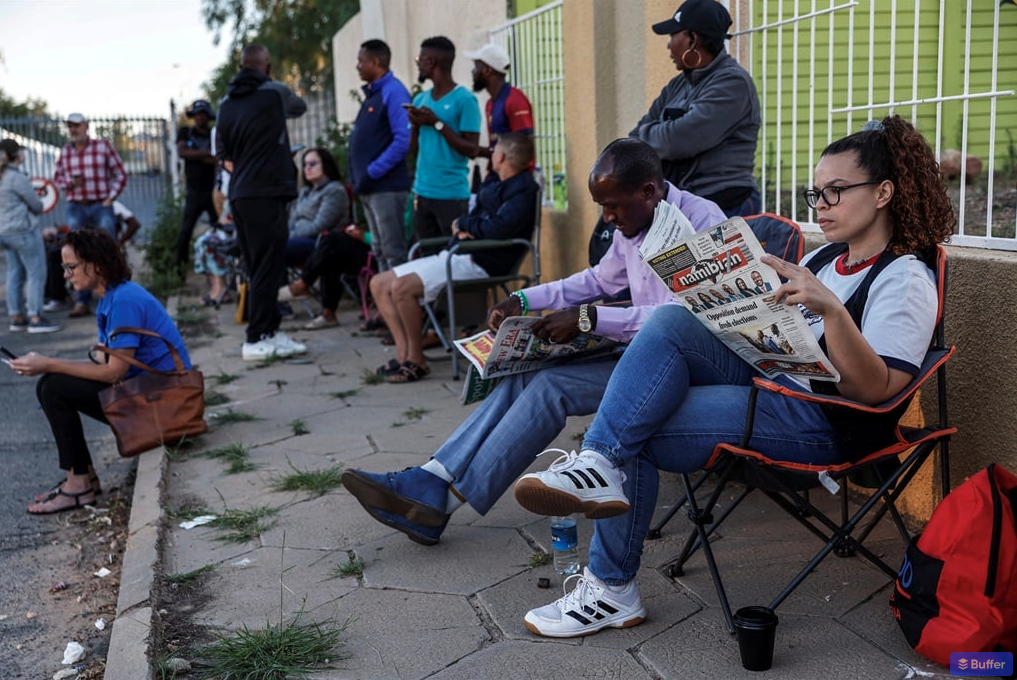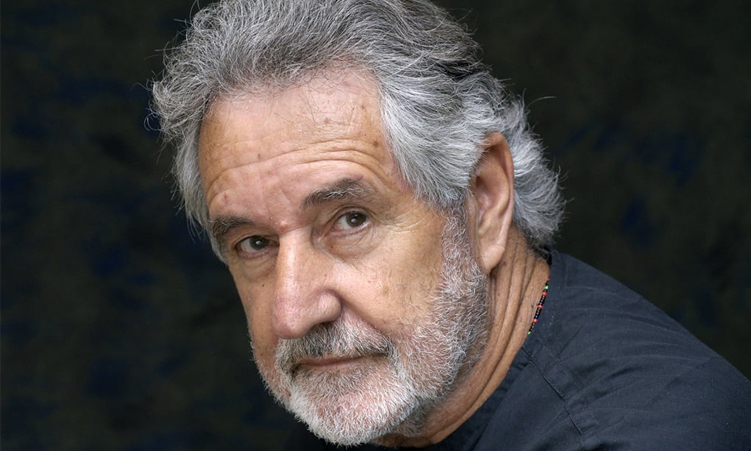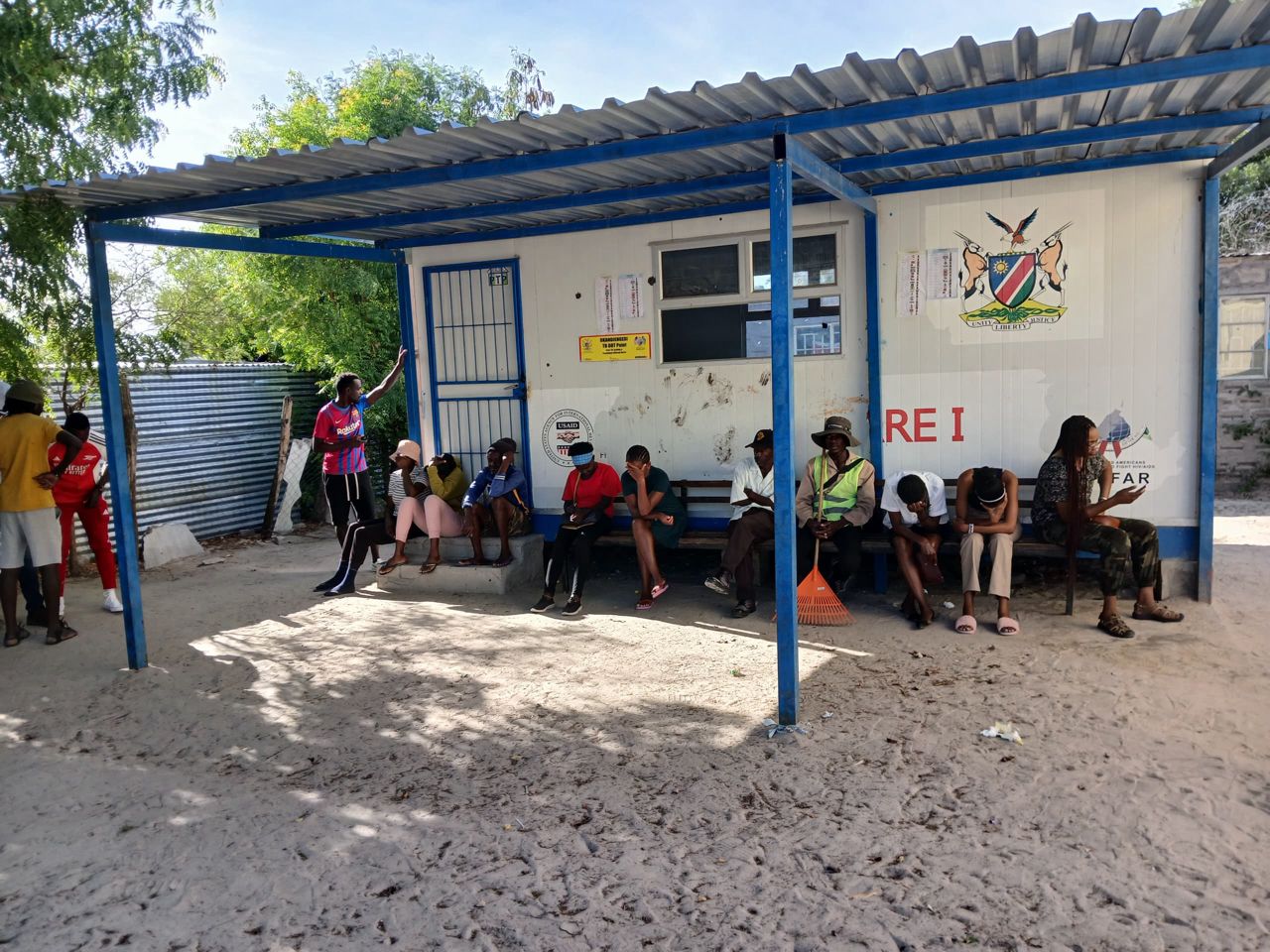African Union Commission (AUC) chairperson Moussa Faki Mahamat sought advice from Geingob during his courtesy visit on Friday to address the issue of conflict-ridden countries on the continent.
Mahamat said Africa is currently at a crossroads and needs advice.
He asked Geingob for advice heading into the AUC’s 13th retreat in the capital.
“These countries have to take responsibility. They are first and foremost responsible for their own countries and their people. Not the AU or the United Nations. It should be them,” Geingob said.
He said the leaders of African states should take care of their people and countries.
“Wars are not going to solve the problems. The onus is on them. We are going to help, we are going to talk. But we can’t interfere, these are sovereign states,” he said.
As the new chairperson of the Southern African Development Community’s organ on politics, defence and security cooperation, Geingob is expected to visit three troubled countries in the region.
“So I will be going very soon to these countries to see what the problems are. Lesotho is going off the radar,” he said.
The president said Mozambique’s situation is currently “still a bit tricky”.
“We are dealing with that. As the new chairperson, I am approaching them to find out where we are and how we can go on,” he said.
The insurgency of Isis-linked militants in Mozambique has killed about 4 000 civilians and has caused nearly one million people to be displaced, a United Nations agency stated.
Another problematic country, Geingob mentioned, is Eswatini, which has had protests demanding justice, which have turned violent and have led to the massacre of 80 people by the army and police.
King Mswati III’s grasp remains firm.
“It is also a problem. The king wants to see him, so I have to see him too to listen to his side,” Geingob said.
The president also listed the Democratic Republic of Congo (DRC) as a troubled nation.
Al Jazeera recently reported that the DRC army is fighting multiple armed groups, mainly in its restive east where ethnic militias and other armed groups are battling for control near the borders with Uganda and Rwanda.
According to a recent count by the United Nations, there are at least 120 armed groups in the DRC’s restive east, and military operations by neighbouring states like Uganda, Rwanda and Burundi are not uncommon.
“We can deal with it, but it cannot be easy,” Geingob said.
The president is expected to play a mediatory role.
The retreat on its second day focused on the current mediation playing out in African countries and how to strengthen it.
The head of the United Nations office to the AU, Parfait Onanga, said his recent experience in Mali was that mediators, the country and other parties are all in conflict with each other.
He said the Economic Community of West African States (Ecowas), Mali’s transitional government, the AU and the UN were in a deadlock.
“I can tell you we were cutting out supportive diplomacy to the mediation. The institutions must know their roles,” he said.
Namibia is currently hosting the retreat, which took place over the weekend to address security issues on the continent, ranging from terrorism and violent extremism to climate change, food insecurity, a breakdown in the rule of law and good governance, and corruption, among others.
Stay informed with The Namibian – your source for credible journalism. Get in-depth reporting and opinions for
only N$85 a month. Invest in journalism, invest in democracy –
Subscribe Now!






